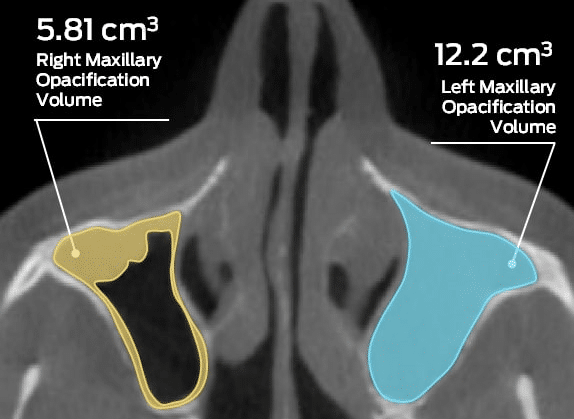Trial sponsors and clinical professionals alike should be ready for any potential changes that could be delivered by the House Energy and Commerce Committee Subcommittee on Health’s 21st Century Cures Act. The bill, currently in its draft stage, could have significant impact on the design of both pharmaceutical and medical device clinical trials.
The act is currently split into five sections, the most relevant to clinical trial sponsors and participants being “Title III: Modernizing Clinical Trials.” According to Clinical Leader, the current draft seeks to bring numerous improvements to clinical trial design.
“The discussion draft centers around putting patients first, incorporating patients’ perspectives into the regulatory process, and streamlining the clinical trials and drug and device approvals processes to advance the development of innovative treatments and therapies,” Clinical Leader’s Cathy Fortney writes.
Some of the specific changes the current form of the bill proposes is the expansion of approval pathways as well as reduced regulatory burdens on novel and high-demand devices and pharmaceuticals. The 21st Century Cures Act also aims to increase the ease with which researchers are able to access and share data and information on current best practices.
The nearly 400-page bill also includes provisions aimed at addressing the current structure of pediatric clinical trials, with improvement to both transparency and patient safety.
While the medical device industry typically welcomes innovations and improvements to the clinical trial process, the 21st Century Cures Act could be considered one of the most significant changes in recent memory, affecting not only clinical trial sponsors and participants, but the health care industry as a whole. Industry stakeholders should monitor its progress carefully, and seek the clinical trial management solutions necessary to stay compliant with changing regulations.
Latest Industry News
[Press Release] Driving Excellence in Cardiovascular Trials: Medical Metrics, Inc and Healthcare Inroads, LLC Deepen Collaboration
Medical Metrics, Inc. Announces Involvement in ReOpen CRS Clinical Trials




